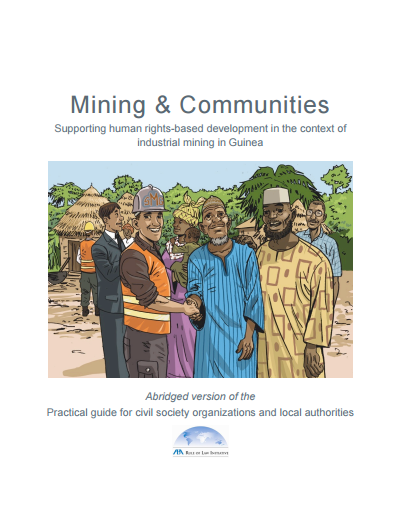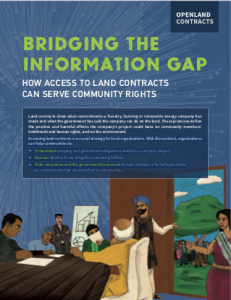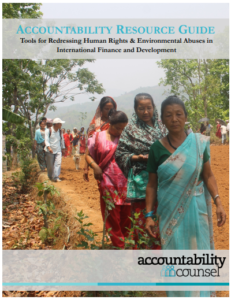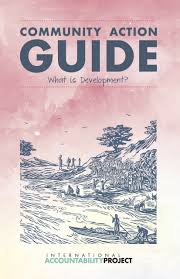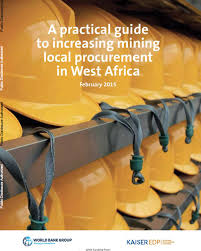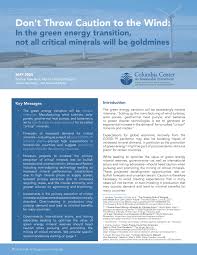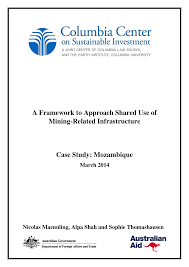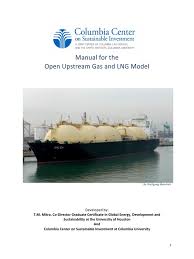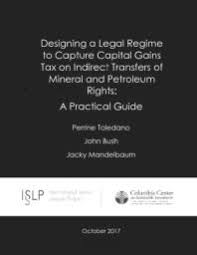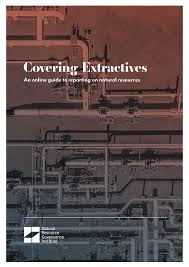Mining & Communities: Supporting human rights-based development in the context of industrial mining in Guinea
This illustrated guide provides a very basic overview of what local authorities and communities should be aware of if a mining project is planned on or near their territory. It includes infirmation on:
● the law, human rights and actors’ roles and responsibilities
● Conflict and violence prevention and tools
● Addressing and minimising impacts on land ● What people can do if they have concerns.
This resource is part of the CCSI’s Directory of Community Guidance on Agreements Relating to Agriculture or Forestry Investment.

